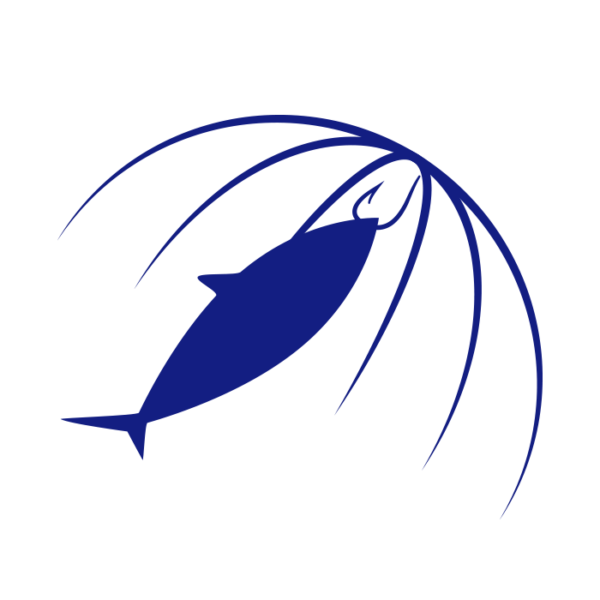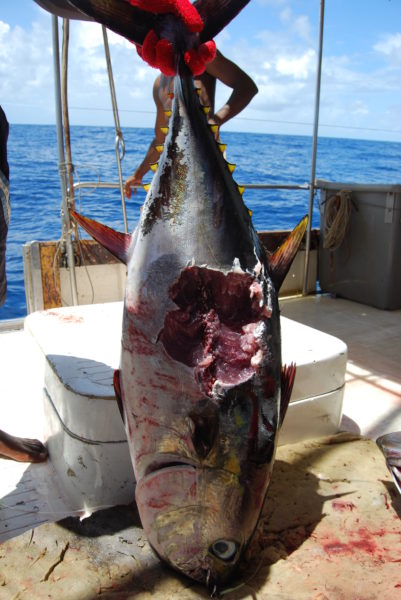
PARADEP: A depredation mitigation device for pelagic longline fisheries




The PARADEP project is an unique collaboration between scientists and fishermen. It involves two French labs, whose research focuses on fisheries science (IRD MARBEC) and marine predator ecology (CEBC CNRS), and a pelagic longline fishing company (ENEZ DU). It is funded by the European Funds for Maritime Affairs and Fisheries (FEAMP), for an overall budget of 750,000€. The project will run for 30 months (July 2018-December 2020) and is managed by Pascal BACH (IRD MARBEC) and Njaratiana RABEARISOA (IRD MARBEC).
More specifically, pelagic longline fisheries targeting swordfish and tuna and operating in tropical areas are affected by toothed whale depredation (false killer whale, short-finned pilot whale and killer whale).
Depredation behavior is believed to lead to several negative consequences affecting the target fish species, the depredating toothed whale species and fishermen. As an impact on target species, fish loss due to depredation is not taken into account in stock assessment analysis. As an impact on toothed whale species, depredation will change their hunting behavior and will increase risks of injuries or mortality due to bycatch. As an impact on fishermen, depredated fish will lead to substantial economic loss.

